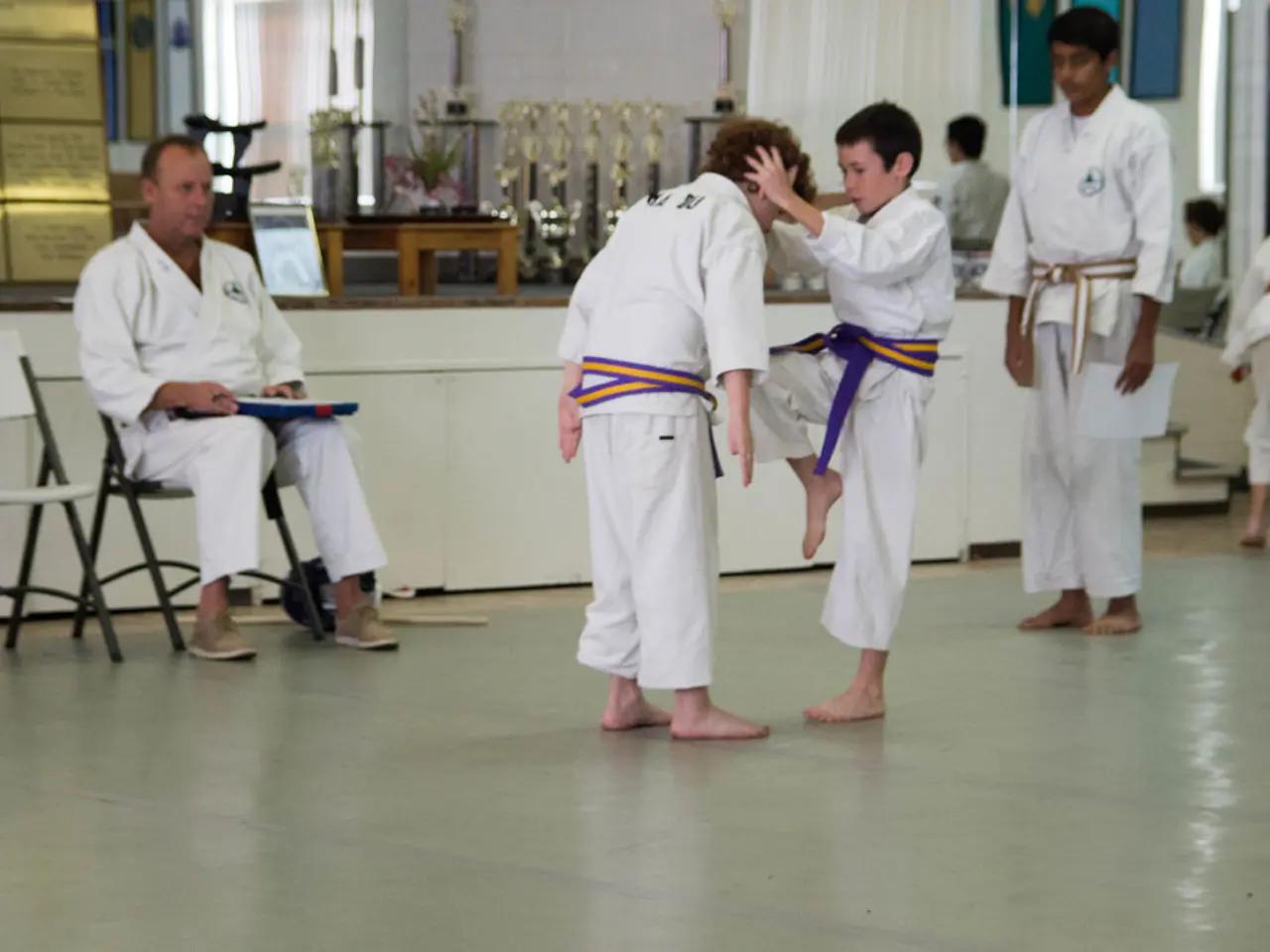In light of the chat-GPT phenomenon, what strategies does Mr. Wolters employ to ensure educational effectiveness?
Talking 'Bots in Town: Kleve's Vocational College and the Chatbot Question
For a decade now, Peter Wolters steers the helm at Kleve's sprawling vocational college — the largest in North Rhine-Westphalia (NRW). But are these new-age chatbots fouling up the future generation's education? Let's unpack this techy question!
On the AI frontier, NRW is tentatively tiptoeing. Businesses, more or less a third of them, have begun employing AI, like chatbots and voice assistants, according to some stats[4]. So, as AI seeps into the region's economic veins, it's hardly a surprise if it trickles into education too.
The tech-savvy State of NRW's funding stretch includes edu-tech projects waxing poetic about robotics and interactive tech, including those interactive robots like "Pepper" in media libraries[5]. This techy-love language speaks volumes about NRW's intent on mingling AI with learning and socialization, which might, in turn, rub off on the young minds undergoing education.
Germany's educational system, including NRW, is rooted in practicality, aligning education with employment market demands. Compulsory schooling ends around age 15-16. While there's no explicit classroom mention of chatbots, the percolation of tech into the broader economy hints at their potential role in the education sphere.
Yet, the enlightening tome on the "Circle of Kleve" remains silent regarding their stance on how chatbots affect the education of the young NRW citizens. As AI tools insinuate themselves into community settings, it's a fair guess that they might touch the educational landscape too, offering learning aids, information, or engagement tools. Although, definitive empirical evidence supporting this claim is scarce as hen's teeth.
In the context of technology integration in education, it's plausible to wonder if chatbots will become learning tools in Kleve's vocational college, given that the region embraces edu-tech projects and AI seeps into various sectors. However, the "Circle of Kleve" has yet to express explicit views on how chatbots might impact the education of its citizens.








